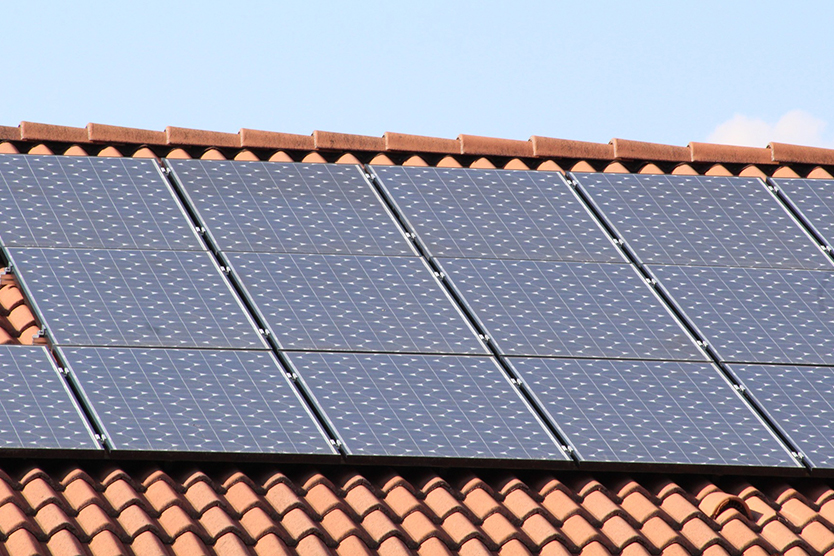
The Stubble Mill joined forces with the Biohaus Foundation for Environment and Justice to combine heritage technology and renewable systems in an innovative way.
© Pixabay
A 200-year-old water mill in the city of Paderborn, western Germany, has been reactivated to provide heat and power in combination with modern renewable energy systems. The completed project has been presented with a "Climate Protection Innovation Project" award from the EnergyAgency.NRW on behalf of the Ministry of Economic Affairs of the state of North Rhine-Westphalia.
The Stubble Mill (Stümpelsche Mühle) joined forces with the Biohaus Foundation for Environment and Justice to realise the ambitious project, which yolks heritage technology and renewable systems in an innovative way. The old mill wheel harnesses hydropower from the river Pader and has an output of 7.5 kilowatts. This electricity drives a heat pump which supplies the buildings in the complex with 100 percent carbon-neutral heat. In addition, a solar photovoltaic system on the rooftops supports the building’s power needs.
Not only is the green electricity produced on site used to power the museum (which showcases renewable energy technology) and café, but it also heats the flats in the building, which house refugees, and supplies a charging point for electric vehicles.
On presenting the award, EnergyAgency.NRW managing director Dr Frank-Michael Baumann praised the project highly: “A 200-year-old mill building, equipped with a renewed water wheel, and in addition the modern technology of a heat pump and a photovoltaic system – this is an ideal combination of old and new, historical and modern energy technology,” he says in a press release from the energy agency.


